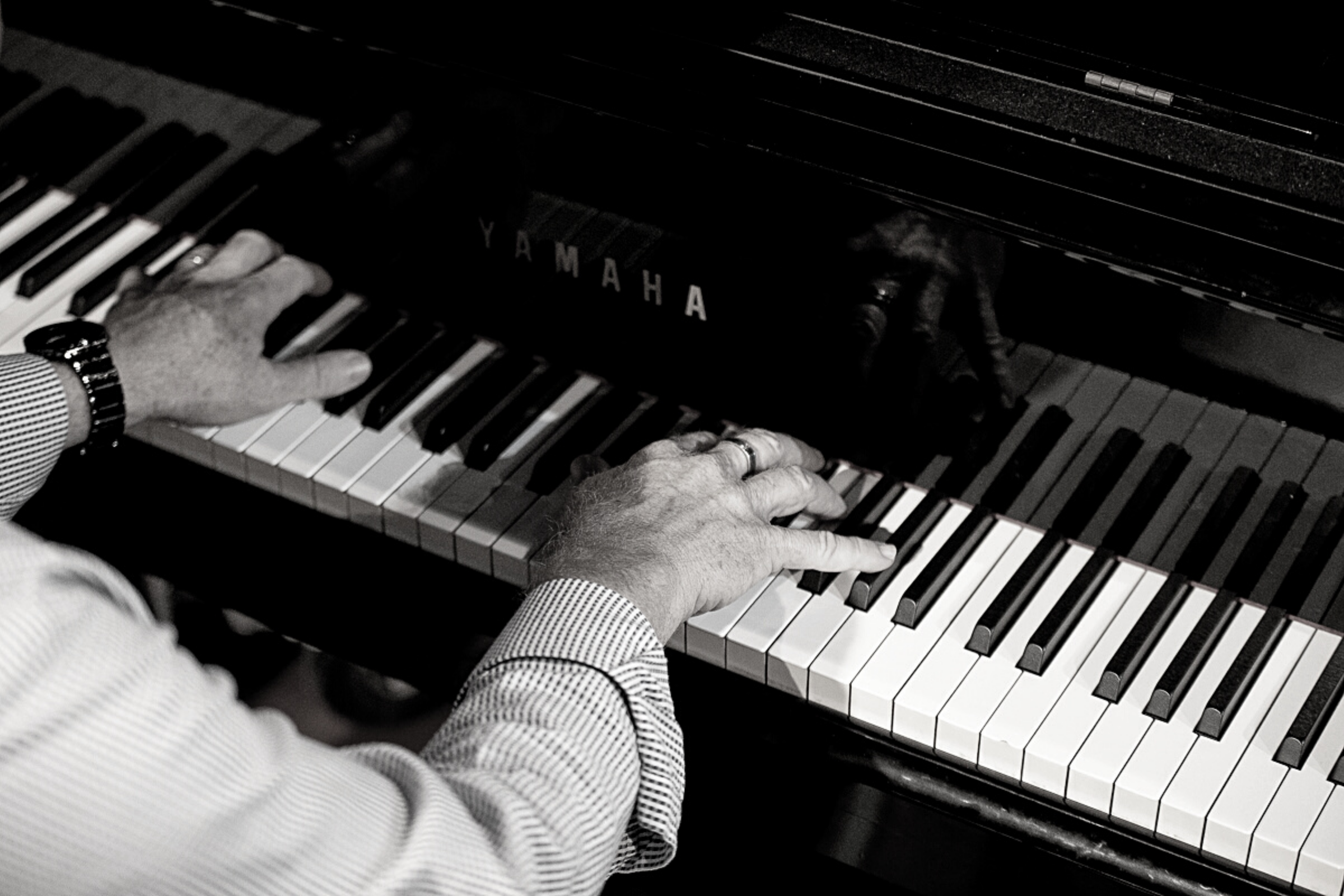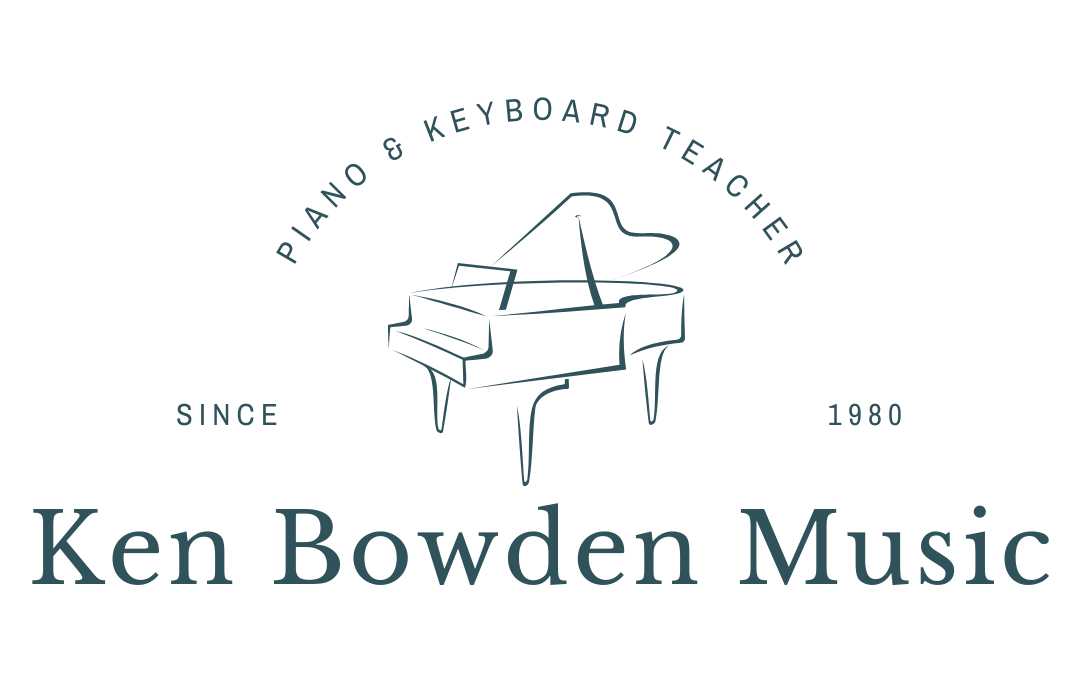
Frequently Asked Questions
Are lessons individual or shared?
Most students are enrolled for individual lessons each week, but there is an option for a shared lesson where I teach at Suncoast Christian College and Victory College (Gympie). Shared lessons are for two students of similar age and level of experience.
Where are the lessons held?
My home studio at Rosemount on the Sunshine Coast
Suncoast Christian College, Woombye (for students enrolled at Suncoast)
Victory College, Gympie (for students enrolled at Victory)
I just want to learn to play for fun, not so much for grades and theory. Is that possible?
Yes. You can learn both piano and keyboard in what we refer to as "chord style". This style is popular with teens whose musical interests are strongly in pop and rock music. It also means that choice of repertoire is more flexible as the pieces don’t have to comply with an exam syllabus, but some technical work is still necessary to establish effective fingering habits and good technical control.
Do you carry a Child Protection Blue Card?
Yes, I carry a Queensland Government Working With Children Blue card and lessons are conducted in safe environments with windows so that parents can observe lessons in progress.
Fees and availability?
Fees are reviewed from time to time and finding available times for lessons that work for the student and the teacher can be a challenge. The best option is to contact Ken by phone or email and you will get a prompt response that will enable to you to decide whether to move forward or not to starting lessons.
The cost of lessons is always kept at or below the minimum recommended MTAQ fee to make accessibility to music lessons available to families.
Children have busy lives and many parents work so finding a time that works for the student and the teacher often must be negotiated.
Is a particular course used in the lessons?
The choice of learning material is driven more by the student’s goals, their age and level of experience. Some courses (or books used in a course) work well for students of a particular age, and choice of teaching materials will be varied to keep up momentum in the learning and maintain interest.
Hal Leonard and Alfreds courses have been developed in more recent years and are updated over time. There are many more courses out there and if not available in Australia, these can be easily sourced from overseas.
Many courses these days have recorded tracks of the pieces to be learnt, and these are a great resource that can be used in a couple of ways. When a student is learning at home, after spending time on a piece they can then listen to the recording to check for accuracy with pitch and rhythm. Once the piece is fully learnt, the student can play along and use the track as a backing track. This is valuable to a piano player as they often don’t get the same opportunities to play with others as students learning band and orchestral instruments.
How long is a lesson? Just once a week?
Most students have a lesson for 30 minutes once a week. This gives adequate time to cover technical skills, some new material as well as reviewing already practiced work. There are a range of other activities designed to focus on particular skills that are threaded into a lesson that can vary from week to week.
Advanced students (usually Grade 5 and above) will require a longer lesson, especially if they are preparing for piano exams. Depending on the level, these lessons will be extended to 45 or 60 minutes each week.
How much practice should I do?
Regular practice is necessary to consolidate and develop the skills to be competent at playing a piano. Progress on the instrument is directly linked to effective practice between lessons. Establishing a regular practice from the first lesson is the best way to achieve this. Choose a time where there is already an activity in the student’s routine and plan for practice to be just before or after that. It could be just before they go to school, once they have had afternoon tea, just before dinner, etc – as long as it is routine (4 or 5 days each week).
Young students have a limited concentration and 15 minutes each practice will be sufficient to get started. Over time that should be extended to 30 minutes to cover a range of exercises and pieces to learn and review. Advanced students will require 60 – 90 minutes each day.
It would be unrealistic to expect that a student will just always love everything they are learning on their instrument and every day go to the piano without any routine in place. Motivation will vary from one student to the next and so will the discipline of practice.
What instrument do I need to start?
If the student is a beginner, a basic keyboard is an inexpensive option that can last 2 to 3 years depending on the age of the student and specs of the keyboard. What is recommended is a keyboard with a 61-note keyboard which is sensitive to the touch so it can play soft and loud with the key pressure. Many of these instruments can have a sustain pedal attached and this allows the keyboard to function like a piano.
Spending more on an 88-note keyboard will give the student an instrument closer to a piano. The more that is invested, the closer you get to keyboard that has the weight and touch of an acoustic piano.
Buying a cheap old piano is not recommended as very often the instrument won’t stay in tune and will have inconsistent touch. Hearing in-tune sound and playing with consistent touch are essential to having solid foundations for the beginner piano player.
What is the process if I can't make a lesson?
There is always the possibility that a student may not be able to attend a scheduled lesson. The lesson will either be made up or credited to the next term’s fees. Just phone or SMS as early as possible as this gives the chance to offer a suitable alternative lesson. If it suits, a lesson can be given online as a catch-up lesson.
What if a student wants to cancel their enrolment?
There are times when a student finds that learning piano is “not their thing”, or family finances dictate that lessons need to be cancelled. This is completely understandable – there are many pressures placed on a household these days.
Once a student is enrolled and has begun tuition, then the student should complete one full term of tuition. If the student wants to cancel the lessons, it can be done any time after the first term, but five weeks’ notice must be given to the teacher.
Testimonials
I have had the privilege of learning piano with Mr Bowden for over ten years, and throughout this time have grown and developed as a musician as a result of his engaging and inspirational teaching. As a school student, learning piano has been one of the most valuable sources of enjoyment and pleasure for me to offset the busyness of the school routine and develop skills and habits which extend far beyond playing the piano. I would wholeheartedly recommend Mr Bowden as a music teacher to anyone considering music lessons.
Lucy (student)
After many years of piano lessons with Ken, our children still look forward to their lessons every week. Ken has the unique ability to simultaneously teach technical excellence and performance confidence. His lessons are always productive and enjoyable. His reputation goes before him, and we couldn't recommend him highly enough
Alison (parent)
